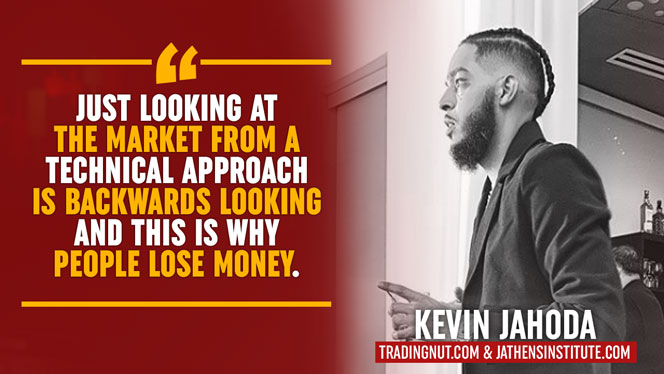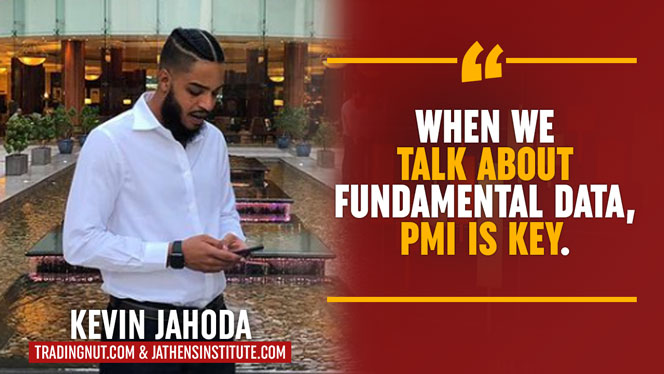
We’ve all been beaten up by technical analysis in the past, whatever stage of the journey. Today’s guest, Kevin Jahoda, was exactly the same.
However, Kevin decided to find out what really moved the Forex markets and made Fundamental analysis the backbone of his trading approach. Eleven years on, Kevin runs J. Athens Institute where he teaches people how to read PMI, GDP and other things related to trading the fundamentals.
Even if you’re pure technical analysis, this interview will help paint a broader picture of the market, potentially allowing you to hold positions much longer, based on solid economic data. Enjoy!
Podcast Interview
GOLD SPONSOR

Save Up to 45% on Trading Capital
Get funded up to $400,000 with low profit targets and an 85% profit split.
CLAIM YOUR 45% COUPON →Interview Links
Instagram – @J.AthensInstitute
Twitter – @JAthensInst
Email – info@jathensinstitute.com
Broker & Platform
Fidelity
TD Ameritrade
Forex.com
Key Lessons
[09:42] When you look at Stocks, it’s more of a long-term approach.
[12:55] Technical [trading] is not the only route.
[13:33] Without fundamentals, there is no technical candlestick.
[15:01] Just looking at the market from a technical approach is backwards looking and this is why people lose money.
[17:39] Most people are in the market for how many pips they can earn for that day.

[18:07] All currencies are essentially movements of interest rate.
[20:58] Volatility is measured from an average annual.
[21:07] Anything below the average annual is a “risk on” environment. Anything above that average annual is a “risk off” environment.
[23:15] You’re on the wrong side of the spread and this is why brokers know who’s smart money, who’s dumb money. By how you trade.
[24:20] Volatility determines the environment.

[25:11] A stop loss, what people don’t realize, that is a trap.
[30:17] To get a good grasp of what’s going on worldwide, (look at) EUR, USD, CNY, and everything else follows.
[35:02] When we talk about fundamental data, that (Purchasing Managers’ Index, PMI) is the key data that we need to know.
[37:24] When volatility is low, the risk is on. That means big institutions, large traders are more willing to take on risk with their money.


